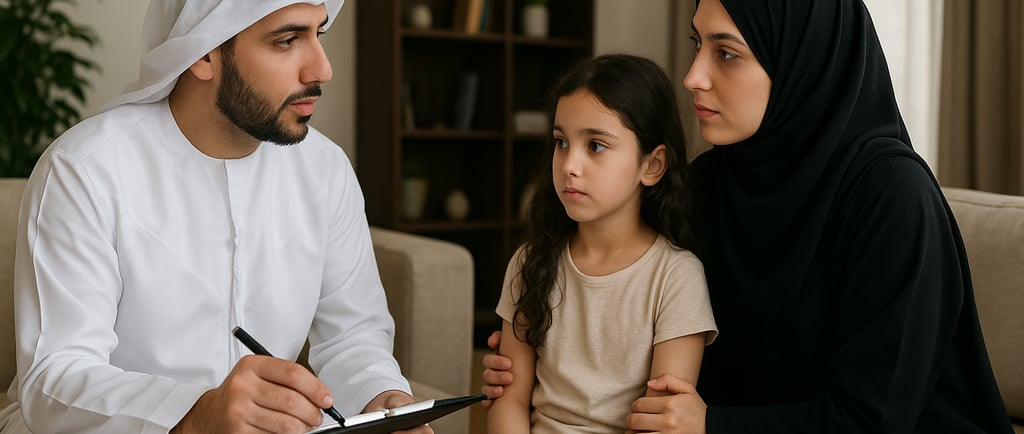Child Custody in Dubai: A Legal Perspective on Recent Developments


Child custody disputes are among the most emotionally charged and legally complex cases in family law. In Dubai, recent amendments to the Personal Status Law (Federal Law No. 28 of 2005, as amended) have introduced significant changes to custody regulations, prioritizing the child’s best interests while adapting to the UAE’s multicultural society.
This blog examines key insights from Judge Khaled Al-Hosani, Chairman of Dubai’s Court of First Instance, on how custody cases are adjudicated, the role of Dubai’s Foster Care Committee, and the evolving legal landscape.
Key Changes in Dubai’s Custody Laws
Extended Custody Age
Previously, custody ended at 11 for boys and 13 for girls.
The new law standardizes custody until 18 years for both genders, aligning with international standards.
Child’s Choice at 15
Children can now choose which parent to live with at age 15.
However, this is not absolute—courts may override the choice if it contradicts the child’s welfare (e.g., if one parent enables irresponsible behavior).
Non-Muslim Mothers’ Custody Rights
Under the old law, non-Muslim mothers lost custody when the child turned 5.
Now, courts assess case-by-case, focusing on the child’s best interests.
The Critical Role of Dubai’s Foster Care Committee
Judge Al-Hosani emphasized that 99% of custody rulings rely on reports from Dubai’s Foster Care Committee, which includes:
Social workers (Community Development Authority)
Child psychologists (Dubai Health Authority)
Legal & security experts (Dubai Police)
The committee evaluates:
Parental fitness (financial, moral, and emotional stability)
Home environment
Potential risks (e.g., substance abuse, criminal records)
Common Custody Disputes & Judicial Trends
Overnight Visitation Rights
The law no longer restricts fathers to daytime visits—overnight stays are permitted unless proven harmful (e.g., for infants needing maternal care).
Cultural Sensitivity in Rulings
Cases involving expat parents highlight Dubai’s nuanced approach. For example:
A mother’s clubbing/drinking did not disqualify her because it was part of her marital lifestyle.
Conversely, another mother lost custody for phone contact with a foreign man, as it violated her family’s cultural norms.
Parental Neglect vs. Gender Bias
Courts do not automatically favor mothers. Custody can be awarded to fathers if:
The mother is unfit (e.g., due to illness or misconduct).
The father demonstrates active involvement (e.g., financial support, visitation).
Example: A father who ignored his child for years was denied custody after the mother remarried.
Practical Advice for Parents
Document Everything
Maintain records of visitation, financial support, and communications.
Report violations (e.g., denied access) to authorities promptly.
Cooperate with the Foster Care Committee
Their recommendations heavily influence court decisions.
Present evidence of a stable, nurturing environment.
Avoid Self-Help Measures
Relocating children abroad without consent can lead to criminal charges and loss of custody.
Conclusion
Dubai’s custody framework balances legal principles with cultural diversity, ensuring rulings serve the child’s welfare above all. The Foster Care Committee’s multidisciplinary approach has been pivotal in reducing litigation risks and promoting fair outcomes.
Parents navigating custody disputes should seek specialized legal counsel to understand their rights under the UAE’s evolving family laws.


